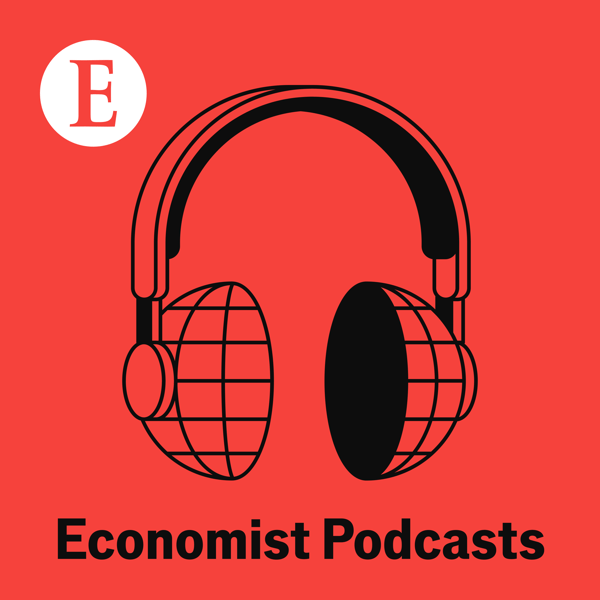Checks and Balance: University challenge
Economist Podcasts
The Economist
4.4 • 4.9K Ratings
🗓️ 8 May 2020
⏱️ 38 minutes
🧾️ Download transcript
Summary
Amid the lockdown some American students have filed lawsuits to get refunds on their tuition fees. Shifting classes online has rekindled concerns about the high cost of college education. Last year an FBI investigation exposed wealthy parents paying to cheat elite university admissions. The perception that university is no longer a driver of social mobility - but the opposite - fuels the political divide. How true is that?
In this episode US policy correspondent Idrees Kahloon reports on a scheme that helps poor students complete college, we unpick the complicated history of American meritocracy, and hear from the frontline of the admissions process.
John Prideaux, The Economist’s US editor, hosts with Charlotte Howard, New York bureau chief, and Washington correspondent Jon Fasman.
Read The Economist’s full coverage of the coronavirus.
For access to The Economist’s print, digital and audio editions subscribe: www.economist.com/pod2020.
Hosted on Acast. See acast.com/privacy for more information.
Transcript
Click on a timestamp to play from that location
| 0:00.0 | William Buckley, Godfather of the Conservative movement, famously said he'd rather be governed by the first 2000 names in the Boston phone book than by the 2000 members of the Faculty of Harvard. |
| 0:11.6 | Buckley was a Yale man, but the idea of college campuses as incubators of liberal snobbery stuck. |
| 0:19.3 | The role the University Education plays and should play in America's meritocratic tradition has been up for debate ever since. |
| 0:27.6 | With 178 days to go, this is Chex and Balance. |
| 0:36.4 | I'm John Prado, the economist's US Editor, and this is a podcast about the 2020 elections. |
| 0:42.2 | Each week we take one big theme, shaping American politics and explore it in depth. |
| 0:48.4 | Today, as university, become a block on social mobility. |
| 0:58.0 | Amid the pandemic, some students are filing lawsuits demanding a refund on their tuition fees, classes via Zoom, don't match the level of education they were promised. |
| 1:07.8 | The high cost of college education continues to provoke concerns that it might not be worth it. |
| 1:13.4 | Recent scandals have made elite college admission systems look unfair. |
| 1:18.6 | The perception that university is no longer a driver of social mobility, but the precise opposite fuels the political divide. |
| 1:26.6 | In this episode, we'll hear about a potentially revolutionary scheme that helps poor students complete college, |
| 1:33.0 | unpick the complicated history of American meritocracy, and speak to someone on the front line of the fraught admissions process. |
| 1:44.0 | With me, as ever, to chew over all of this is Charlotte Howard, the economist's New York bureau chief and John Fasman, the Washington correspondent. |
| 1:51.4 | Charlotte, as far as I can tell, you're in a closet at the moment. |
| 1:54.0 | I can see some coat hangers dangling above your head. |
| 1:56.4 | Has lockdown come to this? |
| 1:58.4 | Everything's perfectly under control. |
| 2:01.0 | I'm recording the podcast in a closet, and my daughter has taken up a obsession with Salami in the midst of an American meat shortage. |
| 2:09.4 | So all as well. |
| 2:10.4 | And John, how are things your end? Has Salami fever hit northern Connecticut yet? |
| 2:14.0 | No, no Salami fever here. |
... |
Please login to see the full transcript.
Disclaimer: The podcast and artwork embedded on this page are from The Economist, and are the property of its owner and not affiliated with or endorsed by Tapesearch.
Generated transcripts are the property of The Economist and are distributed freely under the Fair Use doctrine. Transcripts generated by Tapesearch are not guaranteed to be accurate.
Copyright © Tapesearch 2025.

